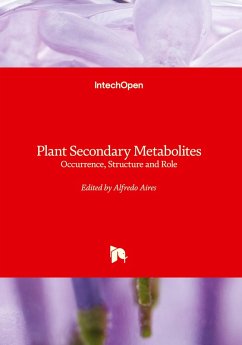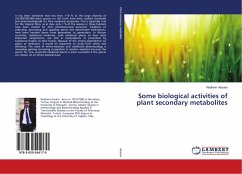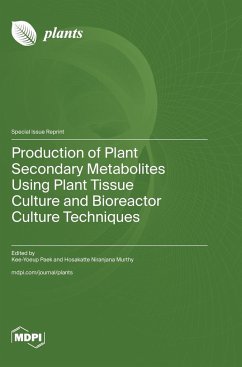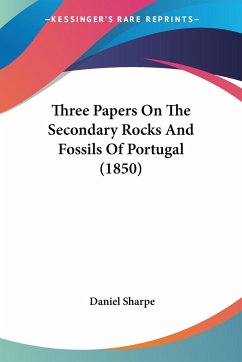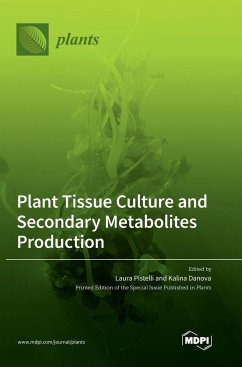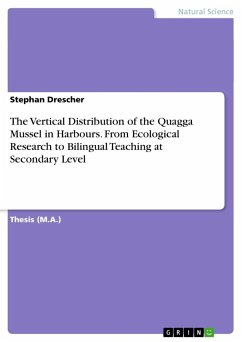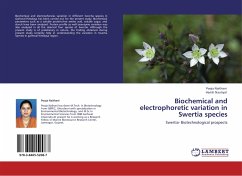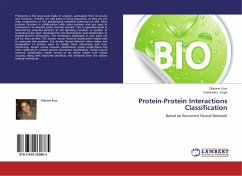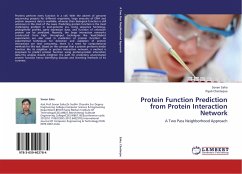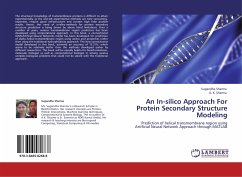
An In-silico Approach For Protein Secondary Structure Modeling
Prediction of helical transmembrane region using Artificial Neural Network Approach through MATLAB
Versandkostenfrei!
Versandfertig in 6-10 Tagen
32,99 €
inkl. MwSt.

PAYBACK Punkte
16 °P sammeln!
The structural knowledge of transmembrane proteins is difficult to attain experimentally, as the wet-lab experimental methods are time consuming, expensive, require good infrastructure and contain high false positive results. Hence, the need of in-silico methods for protein secondary structure prediction is being driven by above listed limitations. Over a number of years, various transmembrane region predictors has been developed using computational approach. In this book, a connectionist (ANN-Artificial Neural Network) model has been developed for prediction of alpha helical transmembrane reg...
The structural knowledge of transmembrane proteins is difficult to attain experimentally, as the wet-lab experimental methods are time consuming, expensive, require good infrastructure and contain high false positive results. Hence, the need of in-silico methods for protein secondary structure prediction is being driven by above listed limitations. Over a number of years, various transmembrane region predictors has been developed using computational approach. In this book, a connectionist (ANN-Artificial Neural Network) model has been developed for prediction of alpha helical transmembrane region using amino acid properties rather than using the traditional hydrophobicity approach. The best connectionist model developed in this book, achieved an accuracy of 73.31%, which seems to be relatively better than the methods developed earlier by different researchers. This book will be equally helpful to bioinformatician, molecular biologist as well as computational biologist in solving various complex biological problems that could not be solved with the traditional approach.




